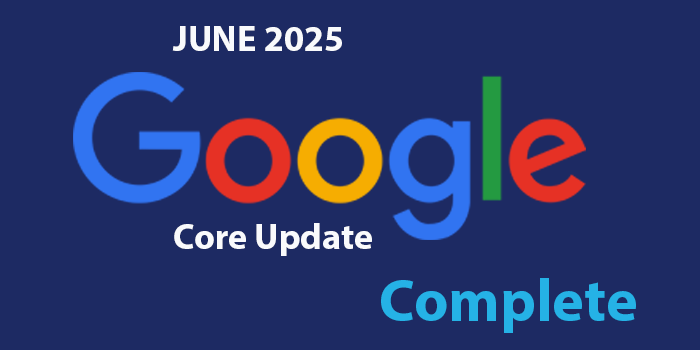You’re right to bring this up—Google has indeed made several public statements clarifying how AI Overviews (formerly Search Generative Experience or SGE) work, and there has been a lot of confusion around whether standard SEO practices still matter, and what role llm.txt plays. Let’s break it down clearly:
What Google Has Said (as of mid-2025):
1. Normal SEO Still Matters
- Google’s AI Overviews pull content primarily from indexed web pages using the same ranking signals as traditional search.
- This includes:
- Quality of content (E-E-A-T)
- Relevance to the query
- Page structure (headings, schema, etc.)
- Backlinks, page speed, mobile-friendliness, etc.
If your content ranks well in traditional Google Search, it’s more likely to be cited or shown in AI Overviews.
2. llm.txt is Not Used by Google (as of now)
- The
llm.txtinitiative was introduced as a proposed voluntary protocol (likerobots.txt) for websites to control how their content is used by LLMs. - Google has explicitly stated it does not use
llm.txt. Instead, it relies on:robots.txtnosnippetmeta tags- Structured data and canonical signals
So putting an llm.txt file on your site won’t currently influence how your content is treated in AI Overviews.
Strategy Going Forward:
Focus On:
- Clear, high-quality content that answers user queries thoroughly
- Structured data/schema markup
- Authoritativeness (especially for YMYL topics)
- Fast, accessible mobile experience
Optional (but proactive):
- Monitor how your content appears in AI Overviews using tools like Google Search Console, or new visibility tools (e.g. Authoritas, SE Ranking, etc.)
Would you like help checking how your content performs in AI Overviews, or optimizing a specific page for that format?









